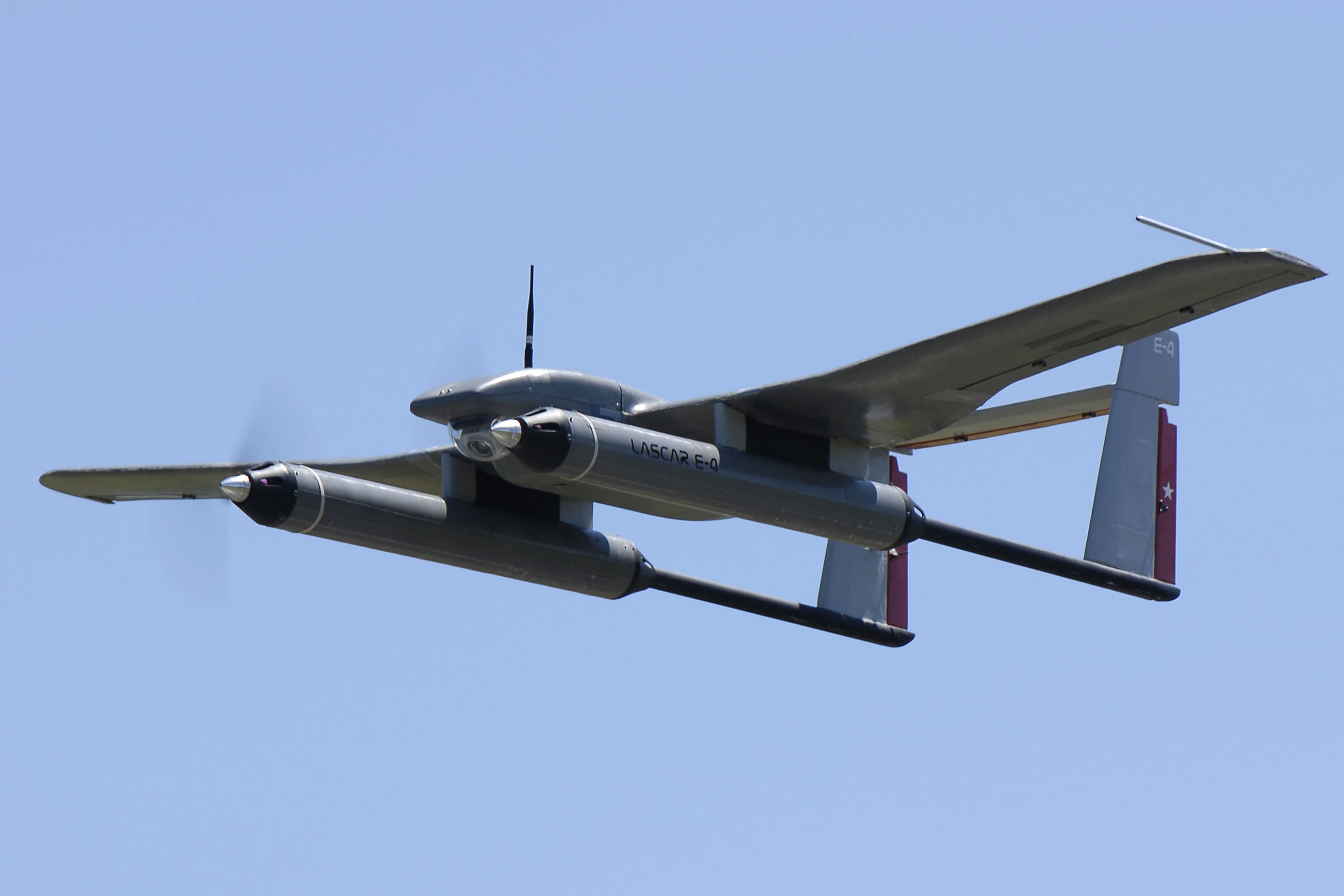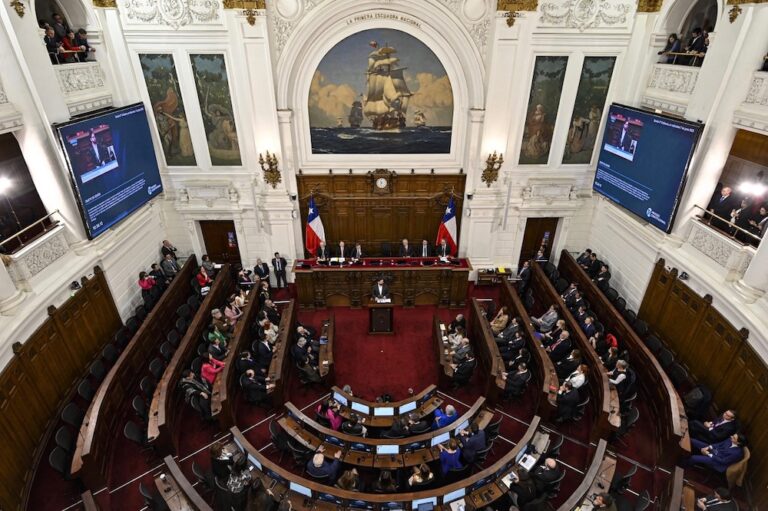Inhabitants of the region of La Araucanía have reported seeing objects flying over the area, while the press confirms the acquisition of “drones” by the Chilean army. What affects does this technology have on our privacy?
The next time you look up to the sky, someone could be looking back: inhabitants of the region of La Araucanía have reported seeing objects flying over the area, while the press confirms the acquisition of “drones” by the Chilean army. What affects does this technology have on our privacy?
“More diligence is required to finally reach the result we all seek, which is the reduction of weapons in La Araucanía”. With these unfortunate words, government spokeswoman , Cecilia Perez, informed the media of the large police presence in the region of La Araucanía.
Meanwhile, strange sightings have occured in the Wallmapu. José Ancalao, a Mapuche student leader, reported via his Twitter account that local people claim to have seen ‘strange planes’ flying over the place.
Those infamous drones
What are these strange aircrafts that circulate through the skies of the ninth region? They are probably drones, remote controlled vehicles, which can be used for various tasks, such as detecting water, fighting forest fires and even distributing parcels.
The main use that has mostly attracted the attention of the police and intelligence services around the world, has been for surveillance. Due to their characteristics, drones are ideal for remote data collection, so much so, that many countries are already demanding limitations on the information they collect which could eventually become a serious threat to our privacy.
For its part, the United States has drones which are able to bomb and carry out selective attacks, according to the independent intelligence of the vehicle. This technology has been widely questioned on ethical grounds and several times has been accused of being responsible for the death of innocent civilians, as a result of inaccuracies of the equipment when identifying “attack targets”.
In Chile
On December 27th 2013, the head of the 9th Police zone of the Araucanía region, Nabih Soza, confirmed in an interview with El Mercurio Online (Emol) that “the arrival of two aircraft that will help to control the movement of people from the air.” The news states that it is a lookout plane, equipped with “a series of infrared and thermal cameras,” capable of seeing moving objects “even at night.”
“It is an airplane that is being used in the fight against drug trafficking in the north of the country and has the ability to deliver georeferenced positions of people’s movements” said Soza.
In April 2013 , the Israeli company BlueBird Aero Systems, was awarded a three- million dollar contract to provide the Chilean Army with their products SpyLite mini -UAV and Micro – UAS MicroB . The two models are unmanned micro aerial vehicles models, geared towards surveillance. These drones can be carried in rucksacks and collect “visual intelligence” over long distances.
According to the specifications of SpyLite, it provides support for real-time video and tactical mapping in open spaces, making it ideal for urban warfare and low intensity conflict. On the other hand, the Micro B stands out for its high image quality delivered in supervised environments and its autonomy which enables automatic target tracking.
The general manager of the manufacturer, Ronen Nadir, expressed his satisfaction for winning the bid, arguing that it chose “the best option in terms of performance and price”. These same SpyLite and MicroB models have been used successfully since 2006 by the Israeli army.
According to the characteristics of the drones acquired by the Chilean Army and the statements made to the press, we can assume that these devices will be used for surveillance, so it is particularly important to check whether the current regulation on personal information, aviation and intelligence data adequately protects our rights against the use of these devices.
Transparency and future challenges
While the news of the agreement for the provision of drones was picked up by the national press, coverage was limited to information on the acquisition of these devices, without inquiring into details about their operation, let alone the use or regulations of these devices in our country.
Since the details of this agreement are not public, Derechos Digitales NGO have presented a transparency requirement to obtain specific information regarding the purchase and operation of these devices.
Moreover, we are also going to be alert to the uses and regulations regarding UAVs. Currently the Directorate General of Civil Aviation (DGCA) is preparing a regulation for the use and operation of drones which is expected to be ready this year, which will be key in limiting the civilian use of these drones in our country.
Thanks to Edward Snowden and the work of many activists around the world, the public questioning of the use of new technologies for mass surveillance activities is increasing. In this context, Chile is not without problems, and the acquisition of drones for military use and monitoring opens many questions about the impact that these devices may have on our rights.



